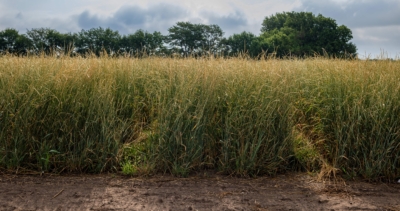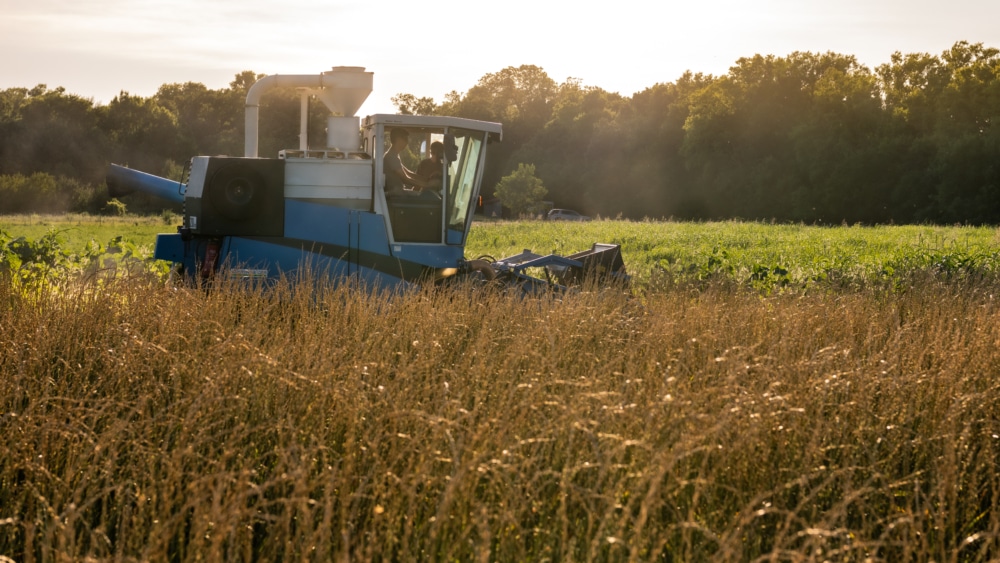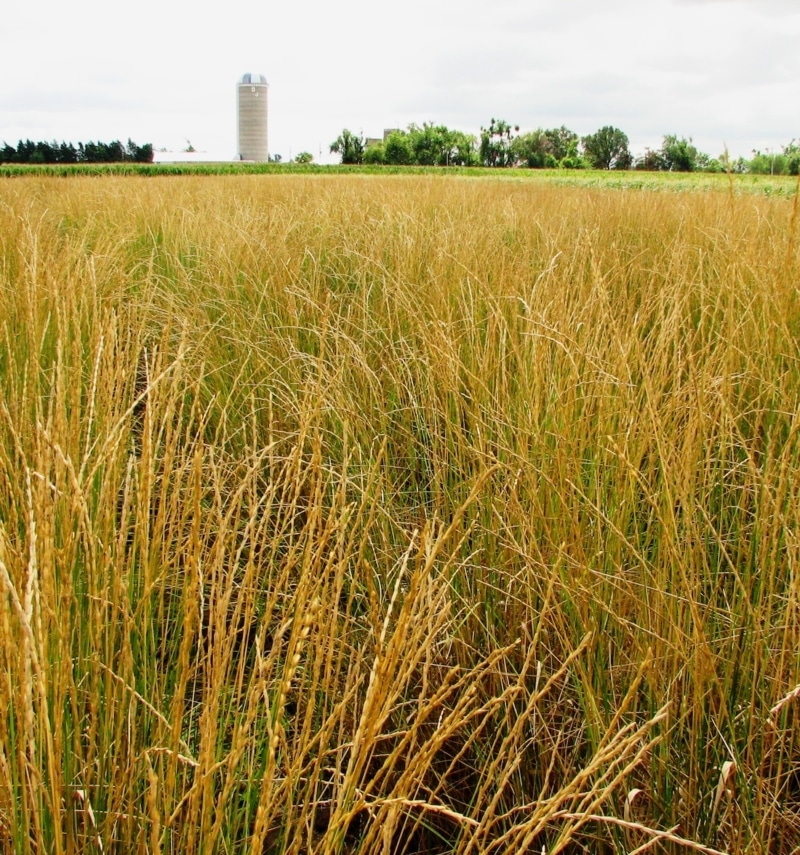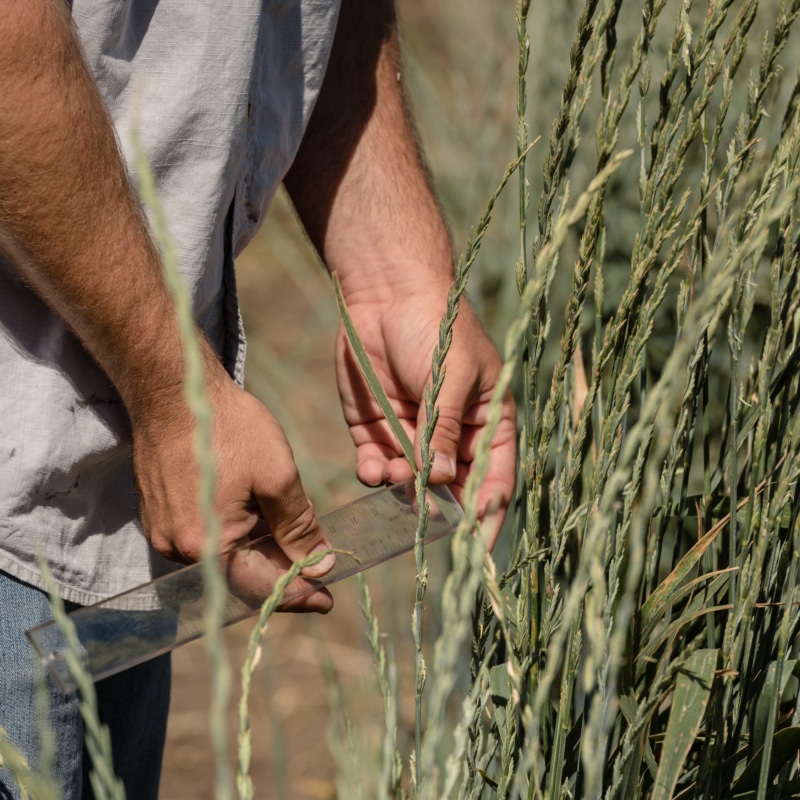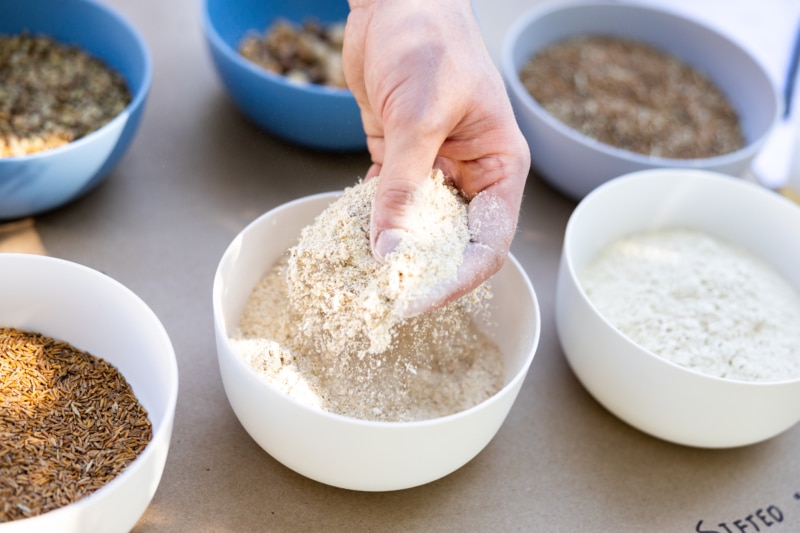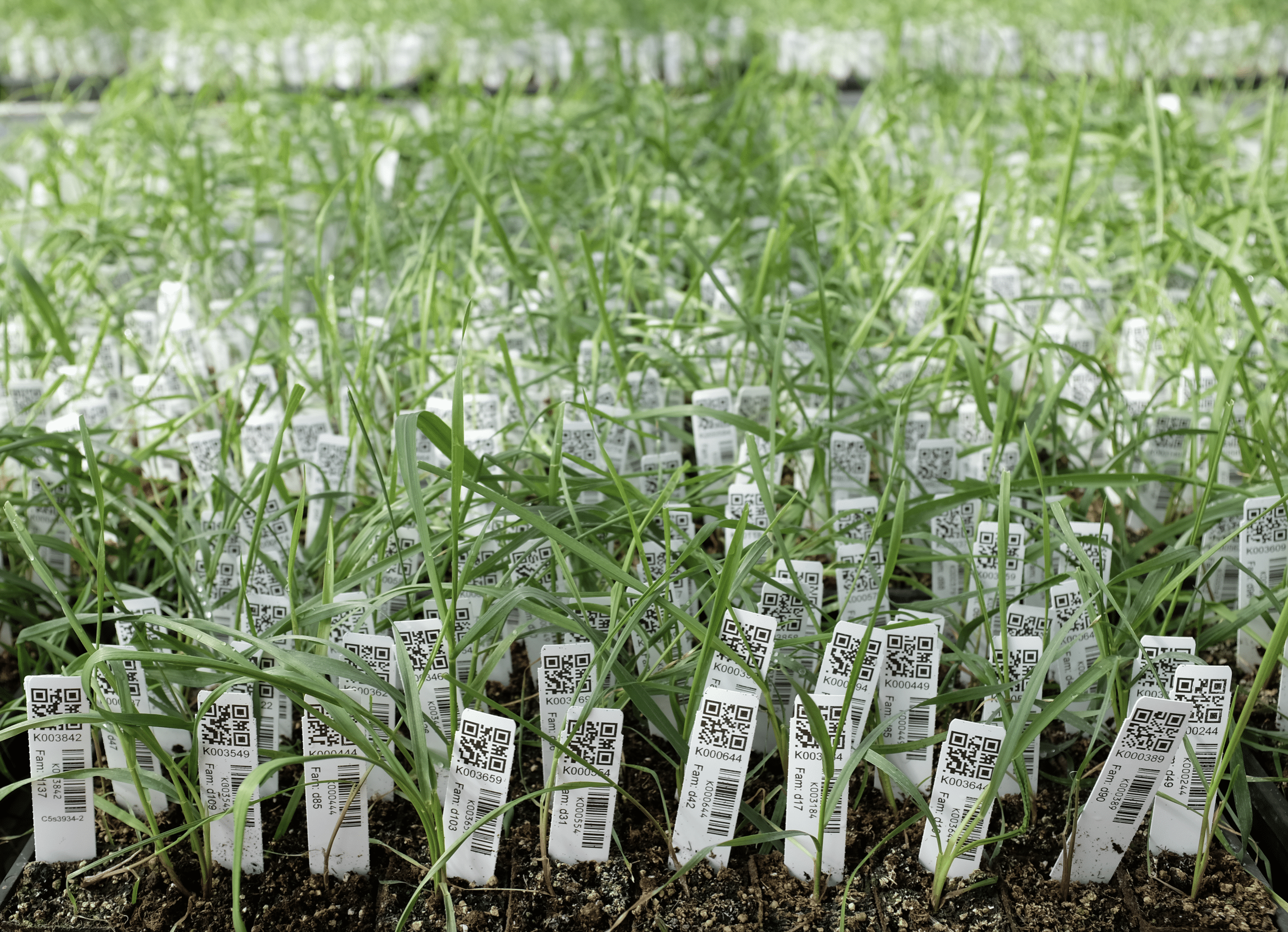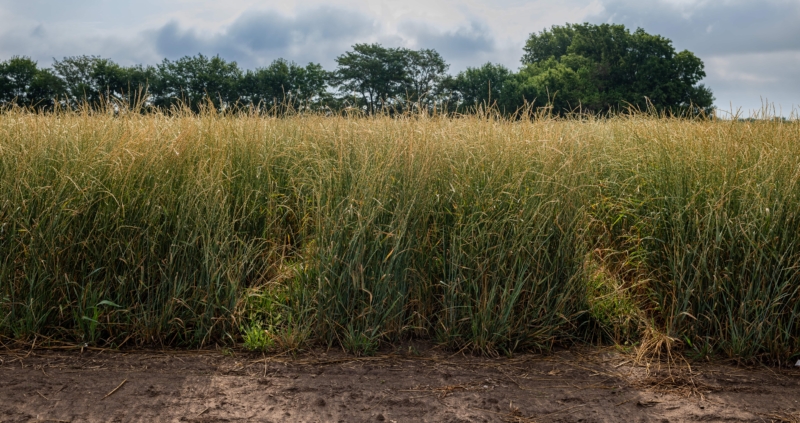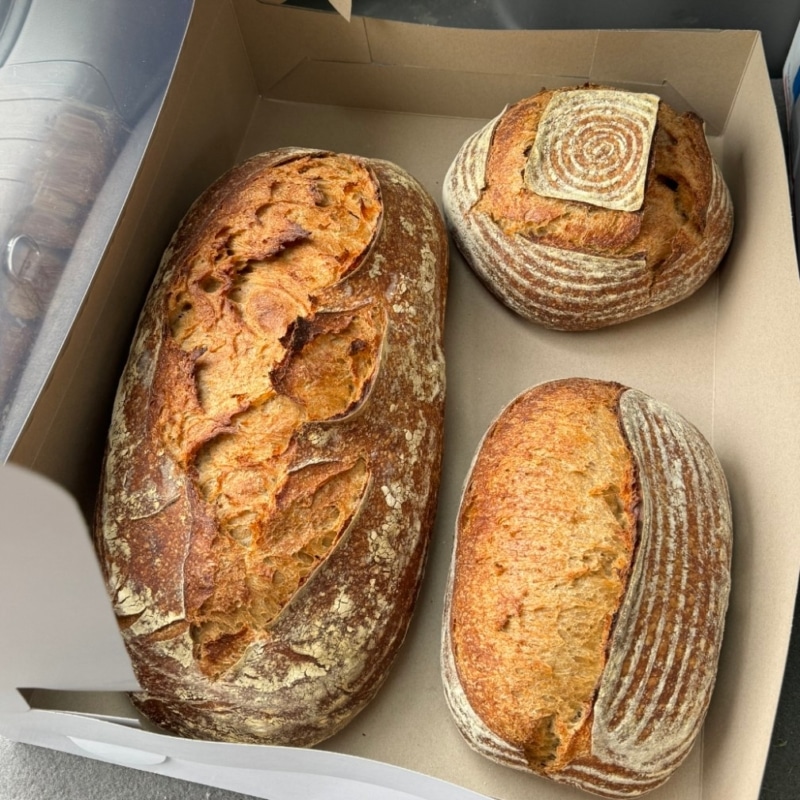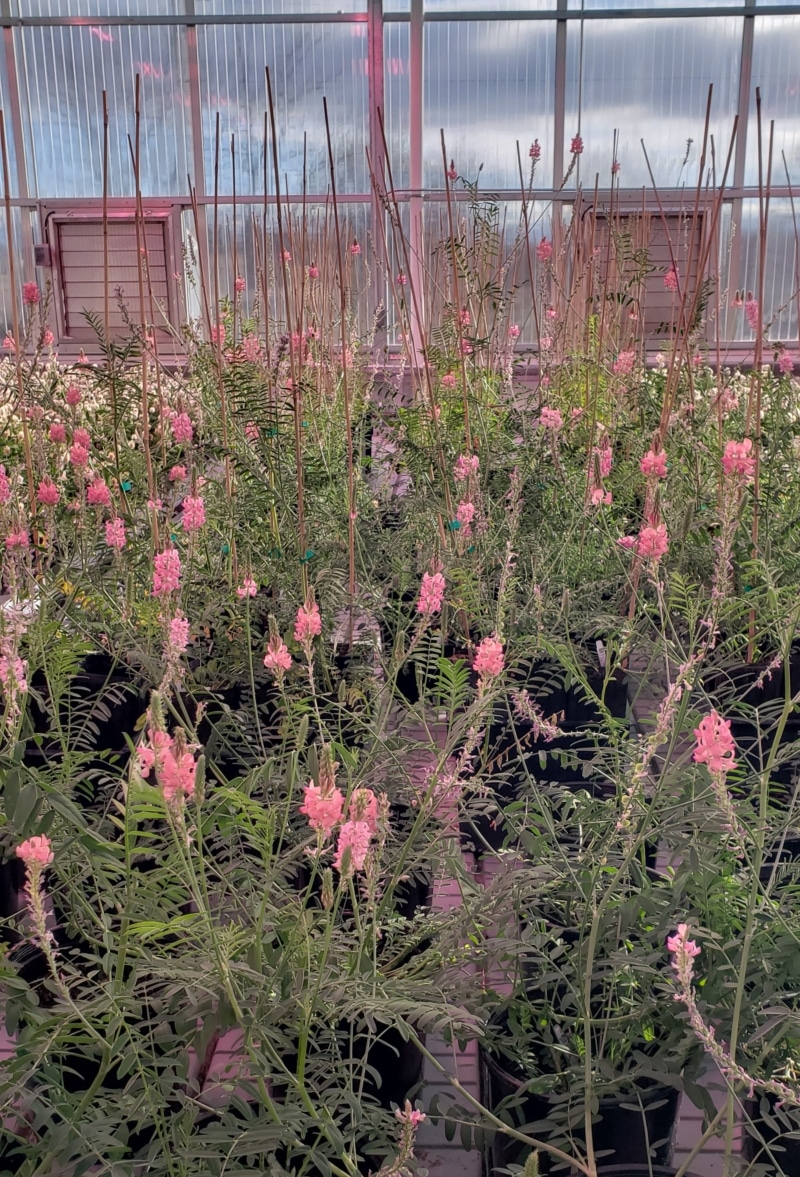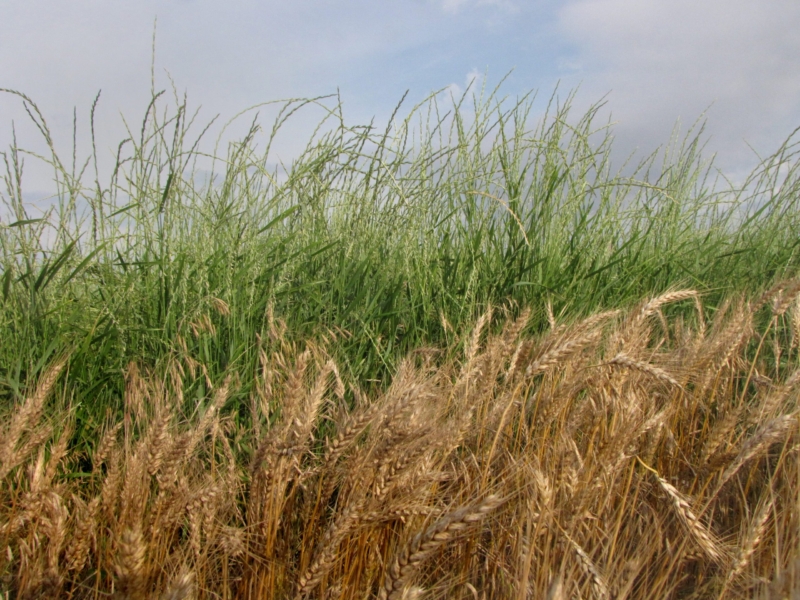“Soil is more important than oil: inside the perennial grain revolution” – Read the new feature article in The Guardian
Areas of focus
Why perennial?
With grains covering 70% of global croplands, transitioning from annual to perennial crops offers our best path toward a regenerative food future.
-
Search Type Menu
- Everything
- Staff
- Research & publications
- Events
- Reports
- News
- Learn
- Video
“Soil is more important than oil: inside the perennial grain revolution” – Read the new feature article in The Guardian
